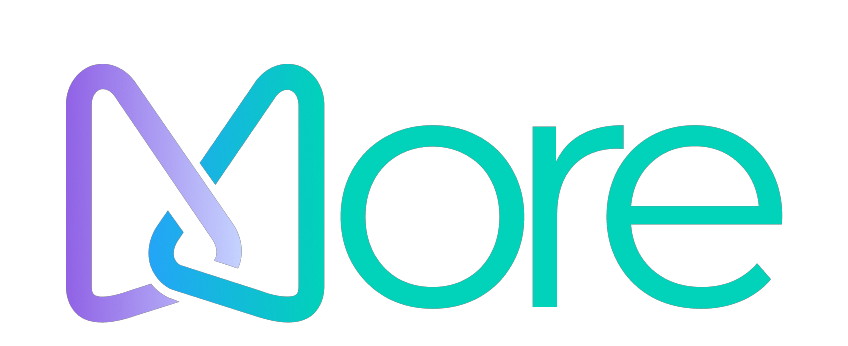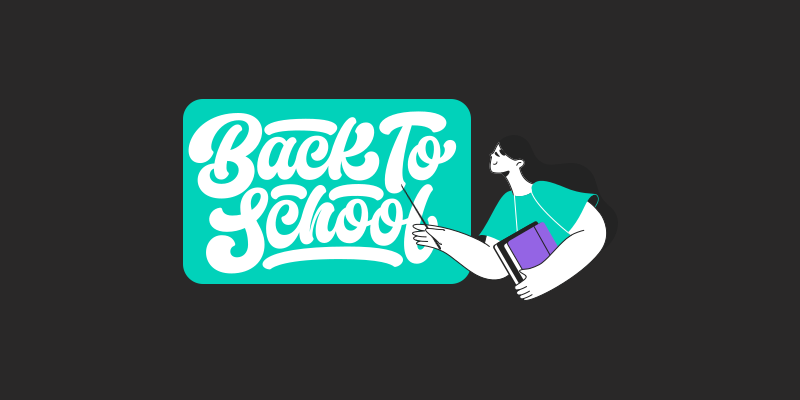Introduction
A gamification app is a software system that enables educators to design and implement game-like experiences for learners. These apps often have a variety of features, such as points, badges, leaderboards, and challenges, that make learning more fun and engaging.
In this article, we’ll explore the benefits of using a gamification apps for education and learning.
1. Increased Engagement and Motivation
 Gamification can make learning more fun and engaging, which can increase learners’ motivation to participate and succeed. When learners are actively engaged in a learning experience, they are more likely to retain information and apply it in real-life situations. For example, we use behavior and motivational psychology to keep users interested like increasing the intricacy of the game, level by level.
Gamification can make learning more fun and engaging, which can increase learners’ motivation to participate and succeed. When learners are actively engaged in a learning experience, they are more likely to retain information and apply it in real-life situations. For example, we use behavior and motivational psychology to keep users interested like increasing the intricacy of the game, level by level.
2. Personalized Learning
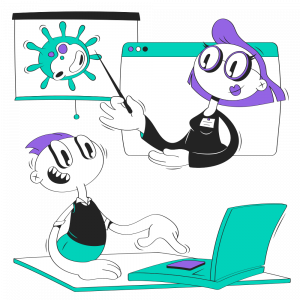 Gamification apps often provide personalized learning experiences that can be tailored to each learner’s individual needs and preferences. This can help learners feel more connected to the learning process and more invested in their own success. For example, we are able to look at personalized user data and understand what subject should be revised so all students end up with the same knowledge level.
Gamification apps often provide personalized learning experiences that can be tailored to each learner’s individual needs and preferences. This can help learners feel more connected to the learning process and more invested in their own success. For example, we are able to look at personalized user data and understand what subject should be revised so all students end up with the same knowledge level.
3. Instant Feedback
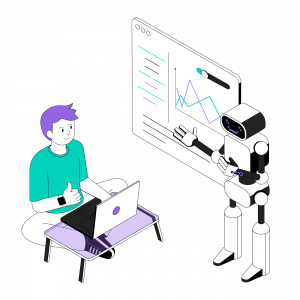 Gamification apps can provide instant feedback to learners, which can help them understand their progress and areas for improvement. This can be especially helpful in subjects that require immediate feedback, such as math or science.
Gamification apps can provide instant feedback to learners, which can help them understand their progress and areas for improvement. This can be especially helpful in subjects that require immediate feedback, such as math or science.
4. Gamification Platforms Are Scalable
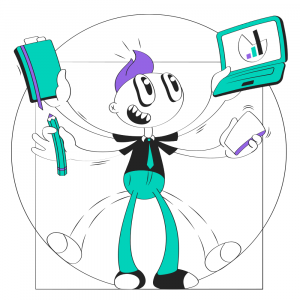 Gamification apps are often designed to be scalable, meaning that they can be used for a large number of learners at once. This makes them a great tool for educators who need to reach a large number of students in a short amount of time.
Gamification apps are often designed to be scalable, meaning that they can be used for a large number of learners at once. This makes them a great tool for educators who need to reach a large number of students in a short amount of time.
Conclusion
In conclusion, a gamification app can be a powerful tool for enhancing engagement and motivation in education and learning. By incorporating game-like elements into the learning experience, educators can create a more fun and engaging environment that can help learners succeed. However, it’s important to implement a gamification platform effectively, by defining clear learning objectives, choosing appropriate game-like elements, providing adequate training for educators, and encouraging collaboration and competition among learners.
